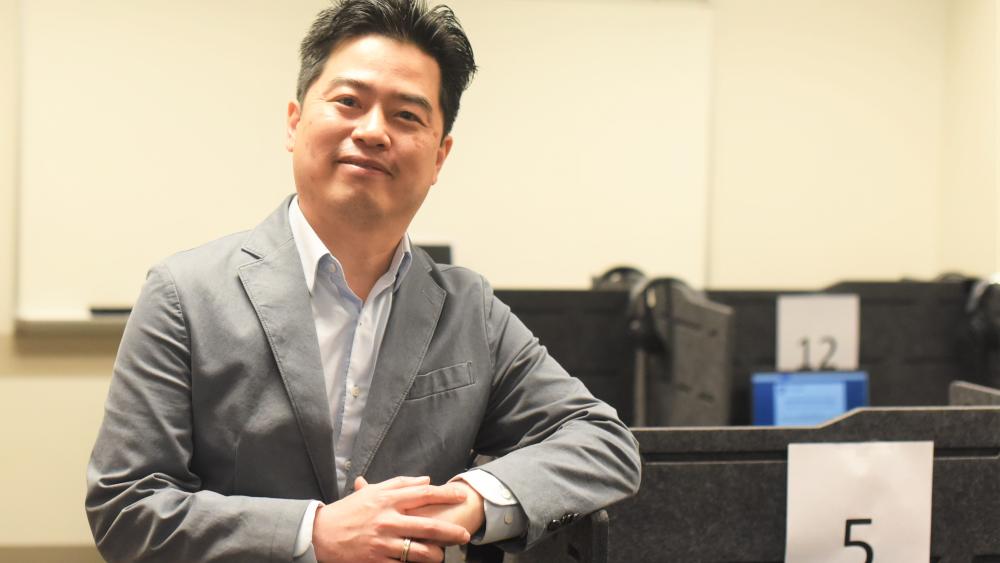
Erie, Pennsylvania — At Fort Hood, Jun-seo Kim conducted US military integrity studies and conducted the “Pen Test.” He handed out administrative forms and offered the soldiers a selection of pens.
Some pens were expensive. While the soldiers filled out forms, Kim watched what they were doing with their pens. Some even left it on the table. Some returned them to the examiner. some kept them.
“Business is built on many people making decisions,” says Kim, now an assistant professor at the Black School of Business at Pennsylvania State University Behrend. “If you understand how people make decisions, you are more likely to succeed as a business.”
External influences often complicate the process. Example: If you order dinner at a restaurant and feel rushed by the waiter, you may wish you had selected what was on your companion’s plate when the food arrived. It’s called “bounded rationality,” Dr. Kim said. Occurs when an individual lacks the time, energy, or information to consider all possible outcomes.
The effect at dinner is negligible. In other situations, Kim says, limited rationality can get in the way of business.
“Our actions are often irrational to some degree,” he said. “It’s evident when we make investment decisions, when we hire employees, or when managers make decisions based on gut feeling.”
At Behrend’s Raimy Behavioral Lab, Kim studies how decisions are made, how people rationalize their choices based on beliefs and other motivations, and why they often choose suboptimal options. I’m here.
“We think people make decisions in a rational way, but that’s not always the case. We buy on impulse. We trust our intuition.”
The Raimy Lab is equipped with 20 computer workstations, where students participate in behavioral experiments and complete research questionnaires. The data collected from these studies support academic research in the fields of marketing, supply chain management, economics, accounting and management information systems.
More than 600 students participate in research each semester. They can receive course credit or cash incentives and gain experience in behavioral and market research environments.
“It really helps you understand the process,” said Abigail Cochrane, a third-year student in the marketing program at the Black School. She works in a lab and administers surveys in 45 minute sessions. “I took surveys. I also took a data analysis class where I learned how to create surveys,” she said. “This tells me the other end.”
Kim and other researchers sometimes observe the session from a side room with a mirror. We also use that space for structured team-based simulations. Observers observe the team’s work and evaluate its strengths and weaknesses.
The simulations often focus on aspects of business ethics, a booming market following the Enron scandal that cost shareholders $74 billion.
“One corporate scandal can wipe out an entire business,” says Kim. “After Enron, business people looked closely at their leadership and company culture and said, ‘We have to do this right.’
He plans to upgrade the Raimy Lab to add eye-tracking technology that can measure the attention and concentration of research participants, and tablet computers that will allow researchers to collect data beyond the Behrend campus. I’m here.
“This involves a lot,” said Kim. “You have to ask the right research questions and make predictions based on theory. Then you have to have the right methodology to collect and analyze the data and see if your predictions are supported.” But at the end of the day, all empirical research comes down to collecting data, without which you cannot study and learn.”
